COURSE OVERVIEW
PROCESS & CHEMICAL ENGINEERING
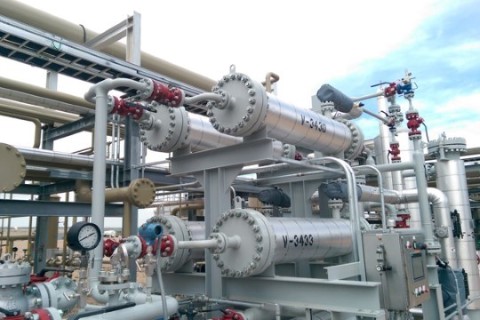
OVERVIEW
| COURSE TITLE | : | PE0300 : Gas Conditioning, Treatment & Processing Technology |
| COURSE DATE | : | May 06 - May 09 2024 |
| DURATION | : | 4 Days |
| INSTRUCTOR | : | Mr. Mike Poulos Days |
| VENUE | : | Al Khobar, KSA |
| COURSE FEE | : | $ 4500 |
| Request For Course Outline | ||
OTHER SCHEDULED DATES
| Date | : | Jan 15 - Jan 18 (4 Days) | Location | : | Dubai, UAE | Classroom Fee (US$) | : | $ 4500 | Course Info |
| Date | : | Jul 08 - Jul 11 (4 Days) | Location | : | Doha, Qatar | Classroom Fee (US$) | : | $ 5500 | Course Info |
Course Description
This practical and highly-interactive course includes various practical sessions and exercises. Theory learnt will be applied using our state-of-the-art simulators. This course is designed to provide participants with a complete and up-to-date overview of gas conditioning and processing technology. It covers product specifications and the processes available to condition the gas in order to meet these requirements. Participants will understand the nature and purpose of key gas processing operations, and how the individual operations are integrated into plants to process diverse feed streams received from gas fields around the world. This course will provide participants with a working knowledge of the major processes for Dehydration, Acid Gas Removal (Gas Sweetening), Hydrocarbon Dewpoint Control (HCDP Control), LPG Production, NGL Recovery and Separation (Fractionation), Sulphur Recovery and Tail Gas Clean-up. Participants will also learn the basic vocabulary unique to the industry and the key physical and chemical properties of natural gas constituents. This course will also cover the important considerations of the design and selection of key process equipment including Separators.Basic properties of hydrocarbon gases and the behaviour of water-hydrocarbon systems will be discussed. Participants will learn how to calculate system energy changes. This course will discuss the design and operational aspects of process control systems, separation equipment, absorption and fractionation facilities. Further, the methods used for dehydrating natural gas will be covered within the duration of this important course. link to course overview PDF
TRAINING METHODOLOGY
This interactive training course includes the following training methodologies as a percentage of the total tuition hours
LecturesWorkshops & Work Presentations
Case Studies & Practical Exercises
Videos, Software & Simulators
In an unlikely event, the course instructor may modify the above training methodology before or during the course for technical reasons.
VIRTUAL TRAINING (IF APPLICABLE)
If this course is delivered online as a Virtual Training, the following limitations will be applicable
| Certificates | : | Only soft copy certificates will be issued to participants through Haward’s Portal. This includes Wallet Card Certificates if applicable |
| Training Materials | : | Only soft copy Training Materials (PDF format) will be issued to participant through the Virtual Training Platform |
| Training Methodology | : | 80% of the program will be theory and 20% will be practical sessions, exercises, case studies, simulators or videos |
| Training Program | : | The training will be for 4 hours per day starting at 09:30 and ending at 13:30 |
| H-STK Smart Training Kit | : | Not Applicable |
| Hands-on Practical Workshops | : | Not Applicable |
| Site Visit | : | Not Applicable |
| Simulators | : | Only software simulators will be used in the virtual courses. Hardware simulators are not applicable and will not be used in Virtual Training |
RELATED COURSES
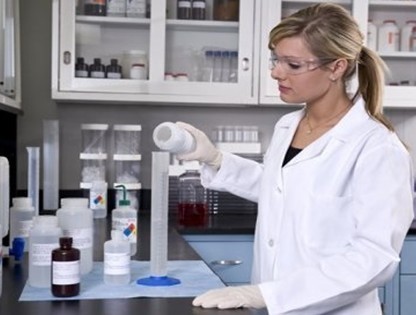
PE0625 : Introduction to Polypropylene Technology
- Date : May 20 -May 23 / 3 Days
- Location : Istanbul, Turkey
- Course Details Register
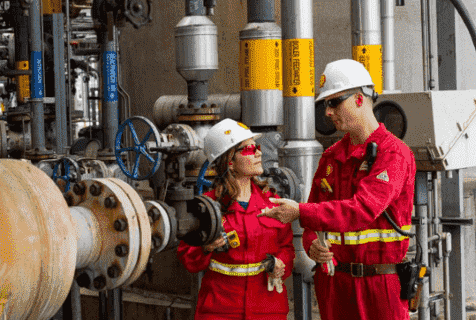
PE0640 : Troubleshooting Process Operations
- Date : May 20 -May 24 / 3 Days
- Location : London, United Kingdom
- Course Details Register
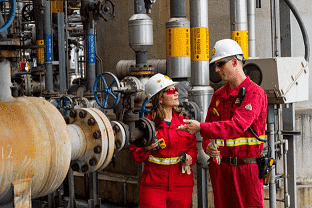
PE0020 : Process Equipment Design, Sizing, Selection, Applications & Troubleshooting
- Date : May 20 -May 23 / 3 Days
- Location : Dubai, UAE
- Course Details Register
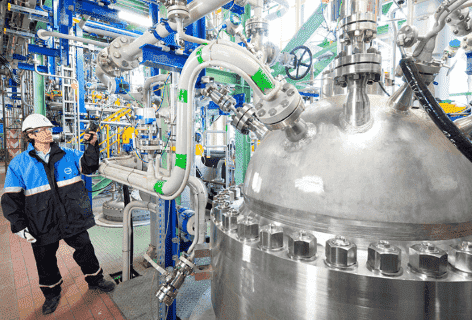
PE0450 : Plastic Additives Selection, Application & Troubleshooting
- Date : May 20 -May 23 / 3 Days
- Location : Doha, Qatar
- Course Details Register
